Every decade has words or phrases that set it apart from previous or future eras, and the 1960s were no exception. We may not say “groovy,” refer to the police as “the fuzz” or “the pigs,” or call money “bread” anymore, but some slang from the 1960s is still used today.
24/7 Tempo compiled a list of common phrases from the 60s that we still use today. We gathered information from sources including YourDictionary, Merriam-Webster, and Higher Language.
Historically, much American English was infused with the argot of the nation’s African American culture, particularly that from jazz musicians, and that influence lingers. In addition, the 1960s brought us the counterculture, an explosion of pop music, and the aspirations of women and minorities who had been denied their rightful place in society. Many words and phrases arising from the restlessness of the 1960s have stood the test of time. (Here, though, are some words and phrases baby boomers say that nobody else understands.)
It’s hard to say why certain words or phrases seem dated — who says “solid Jackson” anymore? (It means cool) — or which ones remain in use long after they were introduced. (Here’s a list of slang words not used anymore.)
Social media is certainly having an impact on language. It will be interesting to see if more recent phrases like “throw shade” (to criticize publicly), “ghosting” (ignoring or no longer engaging with someone on social media), or “slay” (say or do something impressive or commanding) retain their current meanings in the decades to come.
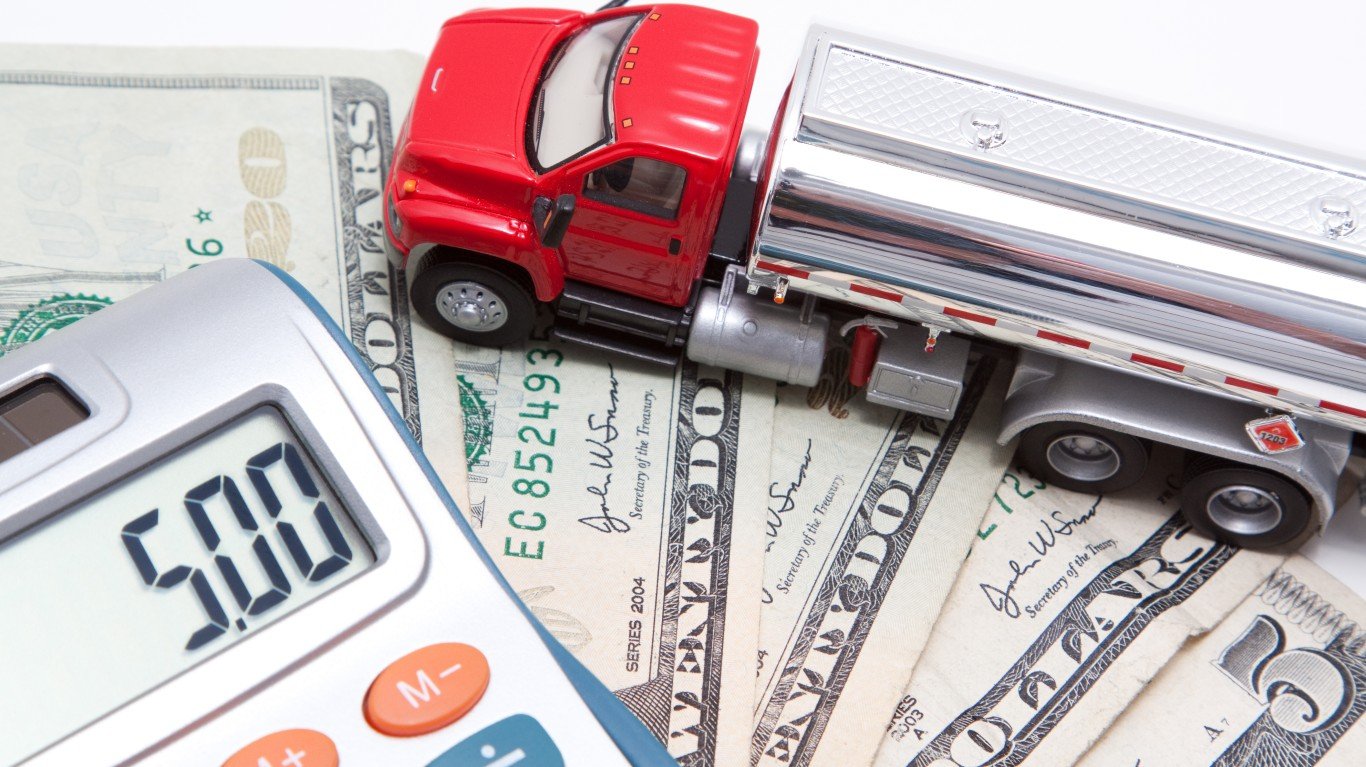
Rip-off
> Meaning: Something that costs too much or isn’t what it seemed to be

A drag
> Meaning: Disappointing or dull, as a situation or a person

Ride shotgun
> Meaning: Ride in the passenger seat of a vehicle

Tune out
> Meaning: Ignore

Sponge off
> Meaning: Freeload or live off someone else

Catch some rays
> Meaning: Get a suntan

Downer
> Meaning: Unpleasant or depressing, as a person or experience

Freak out
> Meaning: Get out of control or hysterical
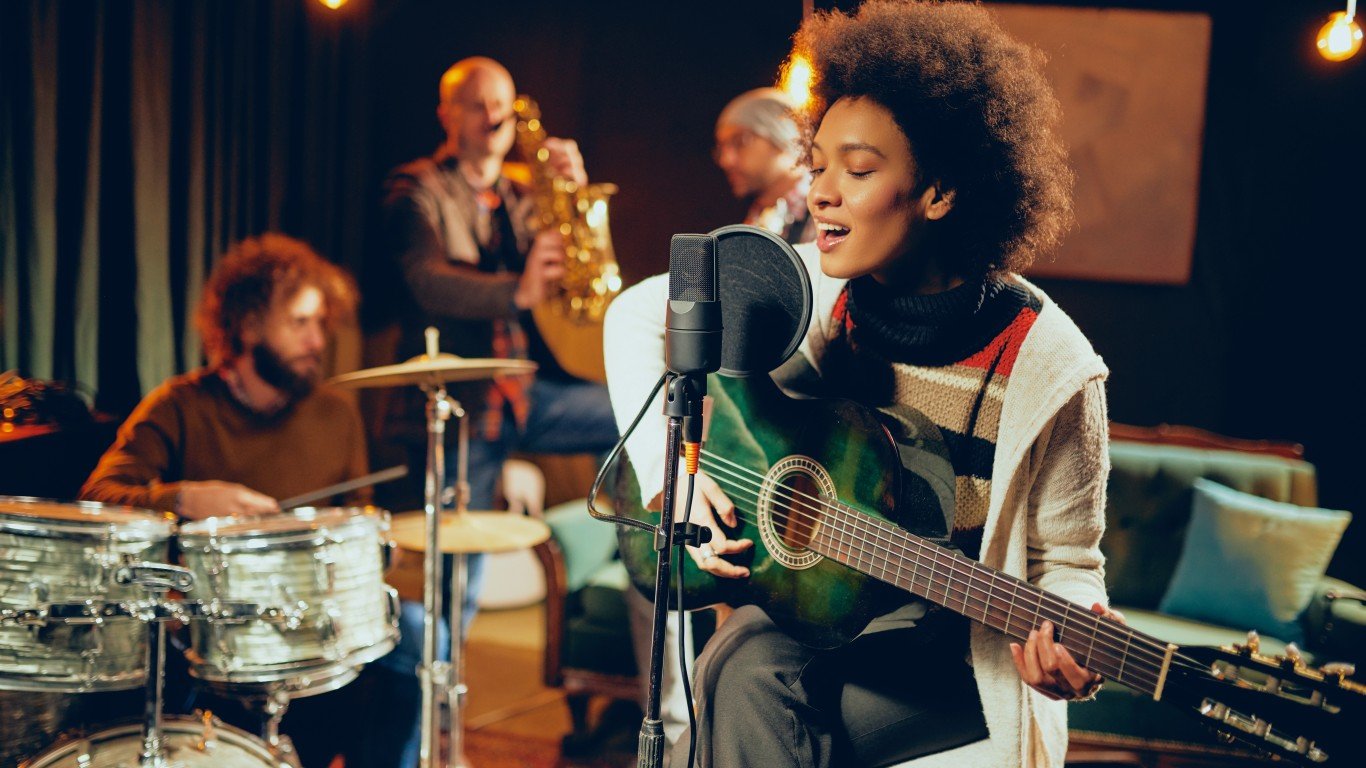
Jam
> Meaning: Play music together

Laid back/mellow
> Meaning: Relaxed, low-key

Jazzed
> Meaning: Excited
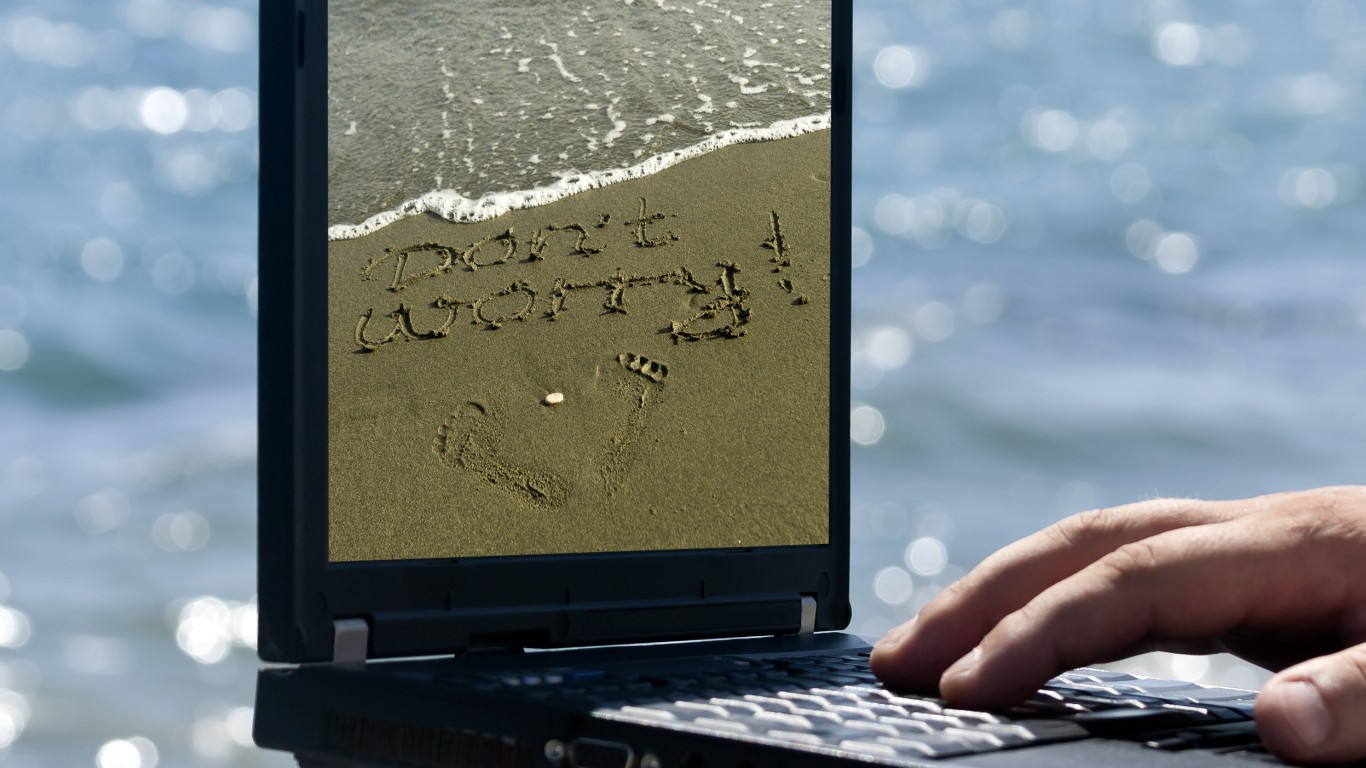
No sweat
> Meaning: No problem
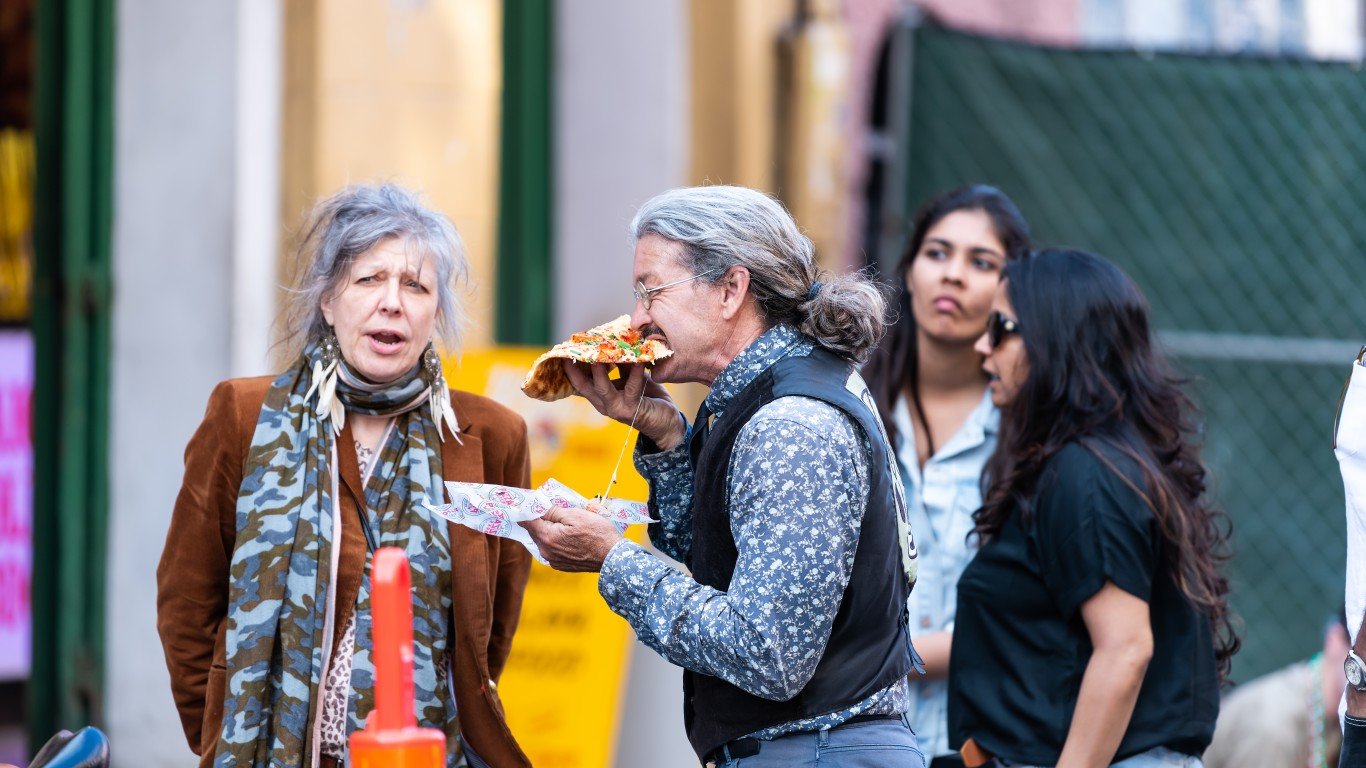
Scarf down
> Meaning: Eat fast
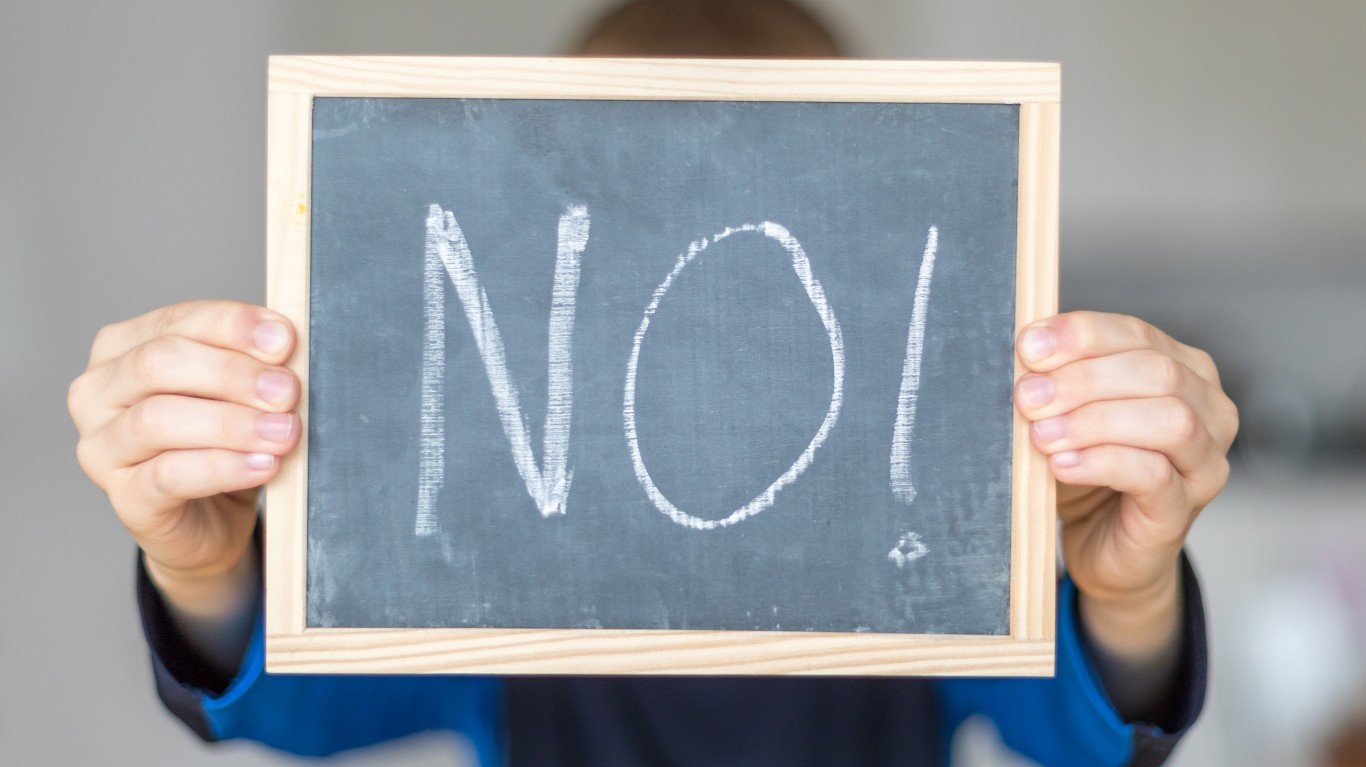
Shot down
> Meaning: Rejected

Crashing
> Meaning: Sleeping at someone’s house or just falling asleep

Tight
> Meaning: Very friendly

Uptight
> Meaning: Tense
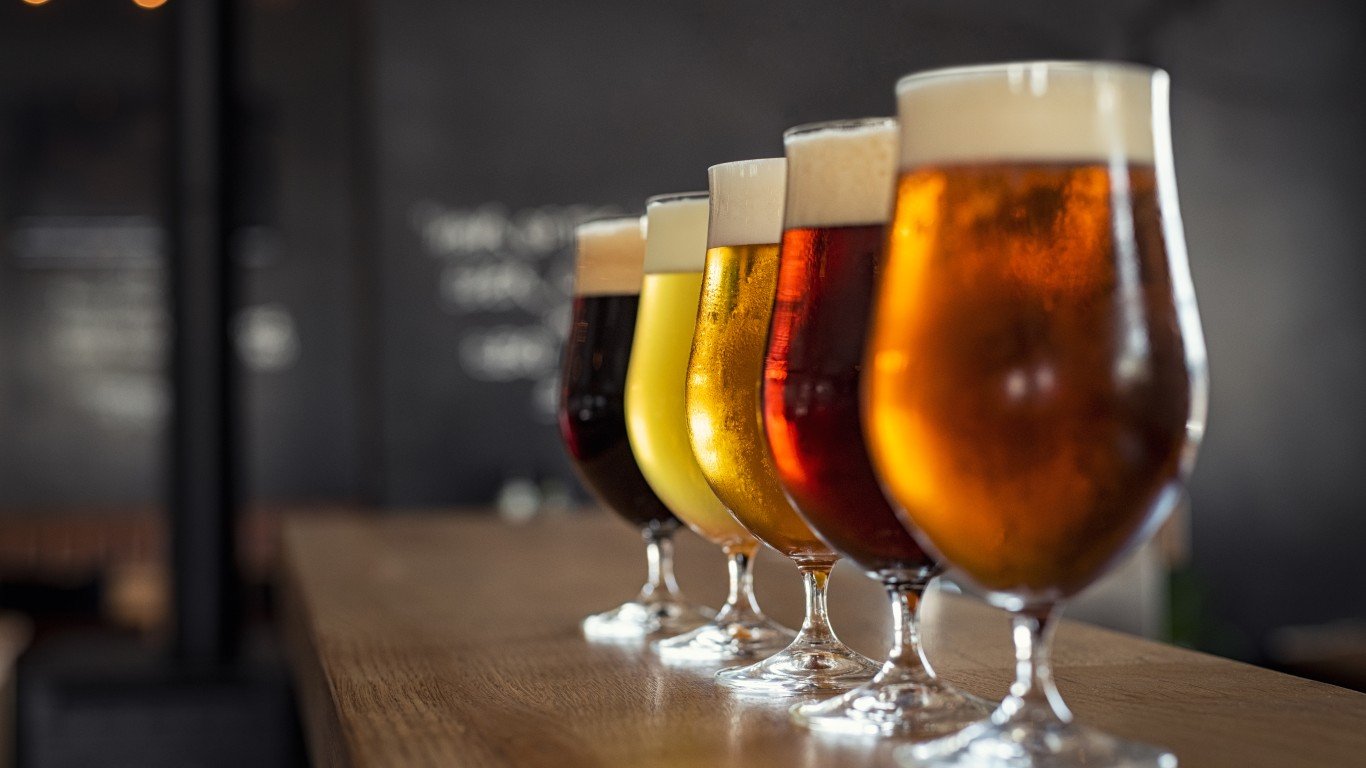
Brew
> Meaning: Beer

Shades
> Meaning: Sunglasses

Scuzzy
> Meaning: Ddirty or unpleasant
